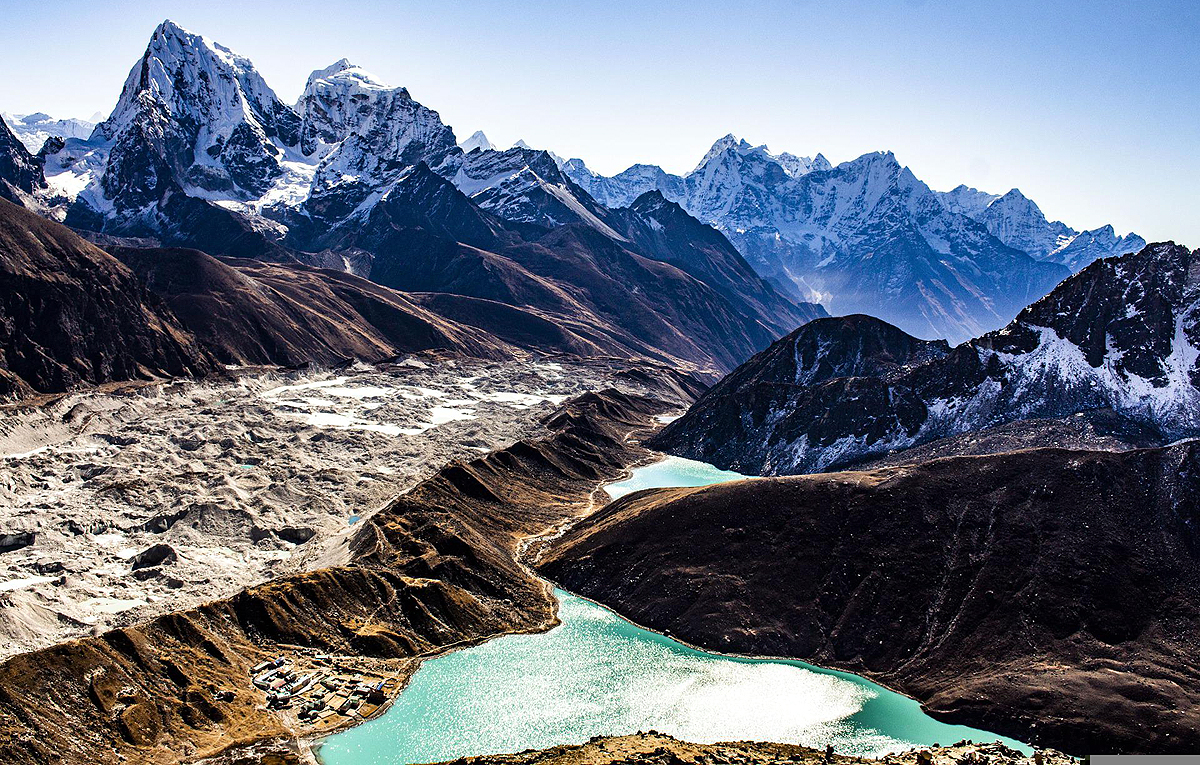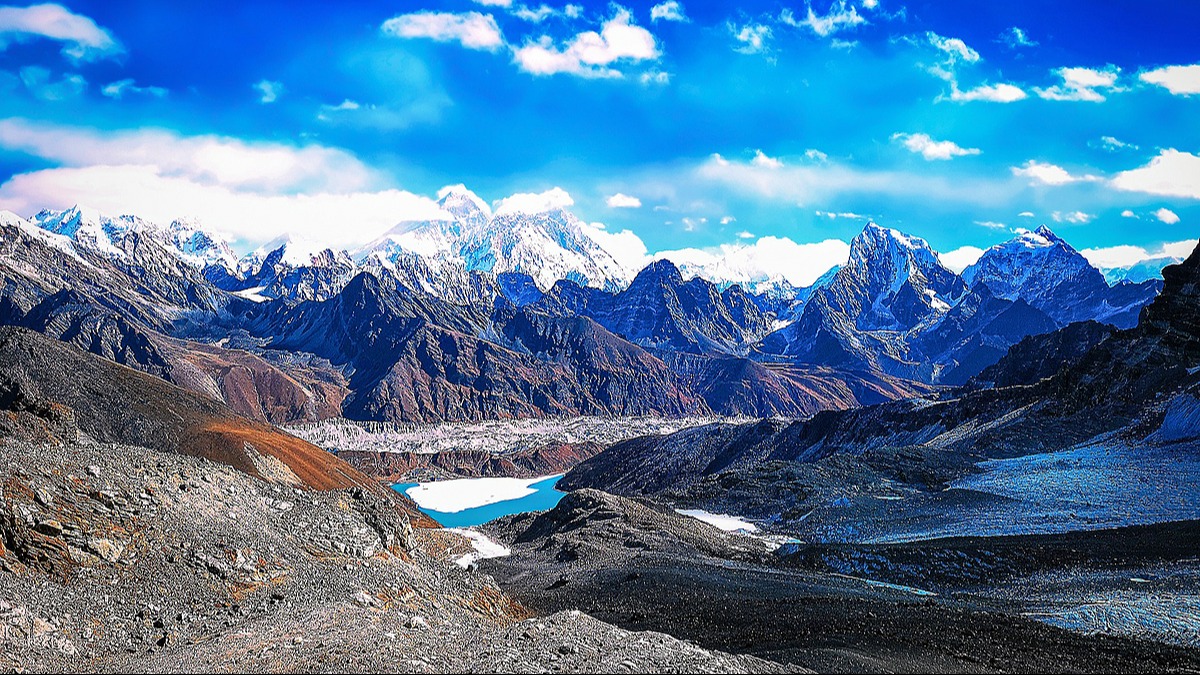If the country's temperature rises by 3 degrees Celsius, the Himalayas could confront drought conditions for more than a year. A chilling disclosure from a new piece of research has been published in the Climate Change Journal. The worst effect will be on India's Himalayan regions, leading to a shortage of water for drinking and irrigation.
According to the report, 80% of Indians are currently facing heat stress. Urgent action is required to meet the Paris Agreement goals to limit temperature rises to 1.5 degrees Celsius; otherwise, if it reaches 3 degrees Celsius, circumstances will deteriorate rapidly. This study was led by researchers from the University of East Anglia (UEA).

Source: aajtak
The report synthesizes eight different studies focusing on countries like India, Brazil, China, Egypt, Ethiopia, and Ghana. Each of these regions is facing increased possibilities of droughts, flooding, crop failures, and biodiversity loss due to climate change and global warming.
The new study suggests that increasing temperatures by 3-4 degrees Celsius could cut pollination in half in India. Even a rise of 1.5 degrees Celsius would reduce pollination by a quarter. With a 3-degree increase, the country's agriculture and farming areas would experience severe adverse effects, with up to half of the cultivated areas potentially drying up.

Source: aajtak
The study warns that with a 1.5-degree Celsius temperature increase, India would see 21% of farming land dry up, while Ethiopia could see as much as 61%. Such a temperature increase could also mean significant reductions in the occurrence of severe droughts—by 20 to 80%. But if the temperature were to reach 3 degrees Celsius, the impact would be much more profound, essentially doubling the adverse effects on everyone and everything.
Notably, the study also highlights that global warming will affect trees, plants, and vertebrate species. These countries already face significant hardships with only a 1.5-degree rise; a jump to 3 degrees would be catastrophic. The current need for these nations is to expand their protected areas to save lives.
UEA's Professor Rachel Warren remarked that India must take immediate action according to the Paris Agreement to protect its land, mountains, water, skies, and all living beings. India has already experienced such disasters and cannot assume immunity in the future.
Two pathways are needed: one for mitigating climate change and the other for developing adaptability to live with inevitable changes—protecting humans and natural resources. Reducing carbon dioxide emissions swiftly is the easiest way forward.
Limiting the increasing global temperature to under 2 degrees Celsius would be vastly beneficial. The study expresses concerns over regions in Africa, Asia, and South America. Hence, it's crucial that temperatures are curbed by any means necessary.




